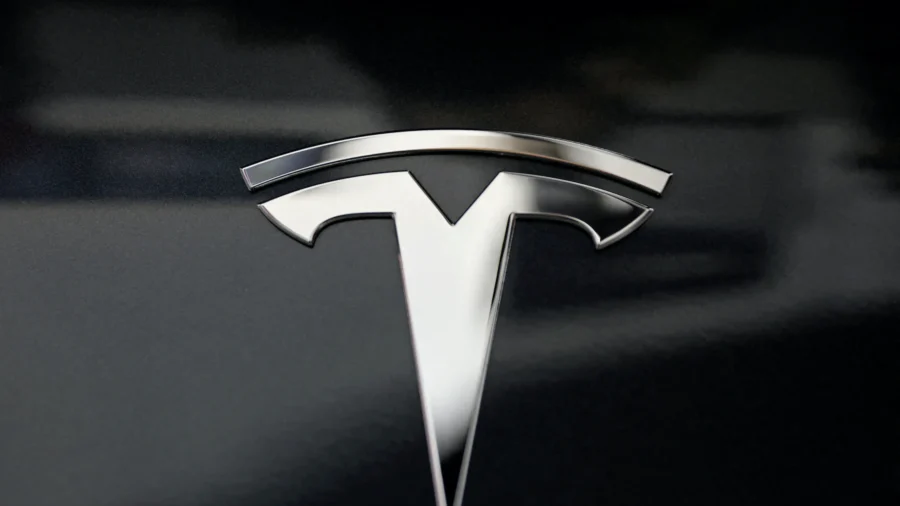A former supplier of electric vehicle (EV) carmaker Tesla has been sued by the company for trade secret misappropriation, breach of contract, and unfair competition.
Pennsylvania-based Matthews International Corporation was sued by Tesla in the U.S. District Court for the Northern District of California in a complaint filed on June 14.
The company allegedly stole trade secrets related to Tesla’s battery-manufacturing process, which were then sold to competitors of the electric-vehicle giant.
According to the complaint, Tesla says that damages incurred to the company by Matthews will exceed a “conservative estimate” of $1 billion, arising from the misuse of company trade secrets related to dry electrode battery manufacturing technology.
Matthews said in a statement on June 17 that Tesla’s lawsuit against the company amounts to “simply a new tactic in their ongoing efforts to bully Matthews and improperly take Matthews’ valuable intellectual property.” The company added that it would “vigorously defend the matter.”
“The claims stated in this threadbare complaint are utterly without merit and we intend to vigorously defend the matter. Notably, the complaint vaguely references trade secrets, but fails to identify even one trade secret that Tesla purportedly disclosed to Matthews,” according to the statement.
“We are continuing to evaluate this complaint and may pursue legal remedies.”
NTD has contacted both Matthews and Tesla for further comment, but did not receive a reply before this article was published.
Complaint
The complaint states that Matthews, which is based in Pittsburgh, Pennsylvania, began supplying Tesla with manufacturing machinery in 2019.
During this time, Tesla said it shared secrets with Matthews related to dry-electrode manufacturing.
According to the carmaker, these trade secrets can substantially reduce the size, cost, energy consumption, and production cycle time of battery manufacturing plants, while boosting the energy density and power of battery cells.
“As a trusted supplier, Matthews had access to Tesla’s most confidential secrets regarding Tesla’s proprietary dry-electrode manufacturing process,” the complaint states.
“Matthews agreed, in writing, that it would hold those secrets in the strictest confidence, and on that basis Tesla trusted Matthews with highly confidential designs of industrial machinery necessary to Tesla’s proprietary manufacturing process. However, Matthews betrayed that trust.”
The lawsuit goes on to state that Matthews shared this sensitive information with more than one of Tesla’s competitors, by providing machines and other technologies containing said trade secrets to the carmaker’s competition, and by claiming the inventions as its own in patent filings—thus revealing Tesla’s proprietary information.
In addition to requesting monetary damages, Tesla has asked the court to block Matthews from misusing its trade secrets, and to force the company to hand over its patent applications.
Reuters contributed to this article.


